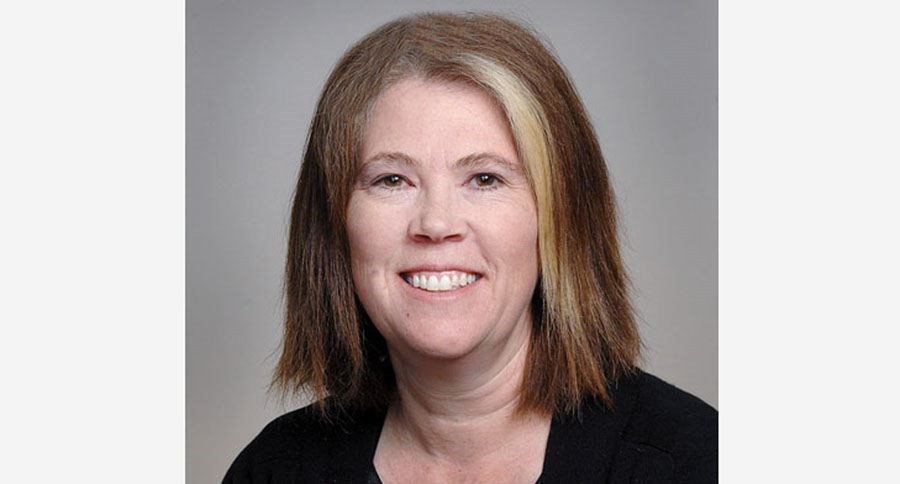My family and I spent the last two weeks of the summer on Haida Gwaii.
I suspect that there are people who have no idea that it takes two days to get to the islands: a long day's drive from Prince George to Prince Rupert and an almost eight hour ferry ride through the Hecate Straight to Skidegate.
Right off the boat you know that you are in a different world. Immediately the pace of every day life seems to be halted in its tracks. We arrived on a Sunday in the early evening after an extremely calm ocean crossing.
We didn't really plan properly for the first night because we didn't think about the realities of island life. You see, the week's grocery store supplies were on the ferry with us. No one was unpacking on a Sunday night.
The convenience store, that was open until late into the evening, supplied us with the pasta and sauce that made up our Sunday dinner. Of course everything tastes great when you have the sea smell in your nose and the ocean in your view.
Grocery shopping had to wait until Monday afternoon when the store had time to unpack. We were told to give the shopkeeper time to restock and to get our dairy products and fruit and vegetables right away as they were the first things to go.
So, dutifully, on Monday afternoon we headed to the store. It didn't take long to realize that we weren't in Kansas anymore and that we had been drawn into the vortex of the island reality: five bags of groceries were over 300 dollars.
I suspect that some of you are double checking that you are reading the Politics 101 column rather than a new travelogue feature. But I think that this story is inherently political and that it opens up a whole range of issues that can easily get lost in the national debate about the economy; this story should frame a real debate about the specificity of northern and/or remote island life, and politics.
To be fair I didn't do a direct product-by-product comparison but it was clear that the prices were higher than I am used to.
The grocery bill led me to think about the issues of food security in the north and other isolated places. Surely, it must be extremely difficult to afford the prices of every day commodities.
I assume that many people live from the spoils of the ocean and the land including gardens and farmer's markets in order to provide better and cheaper alternatives. But, whatever alternatives are available it is clear that there may be economic and health trade-offs made to "live the island life" or even to live in a remote community.
It occurred to me when were on Haida Gwaii how very far away we were from home and I began to marvel at the impossible task of our MPs to really be responsive across our vast constituencies. In a large city the burden of traveling inside a constituency would only be impacted by the traffic jams and road construction that makes a city commute difficult. But here, in the north, the distances are not just part of the geographic reality - the distances are part of the political and economic reality.
Northern MPs have to understand the real complexity of unique issues that northerners experience.
I had intended to write about these issues in my first week back but, by serendipity, I flipped on CBC Daybreak North to hear that a graduate student from UNBC is currently conducting research on food security in the north.
I contacted Marli Bodhi, a very bright and engaged masters student, and I asked if we could chat. She was steps ahead of me in realizing how complex the issue of food security in the north really is: food cost, food access, government regulation and policy all contribute to making food a political issue. I look forward to reading her research findings at northernfoodsecurity.com as her ongoing work unfolds.
On the way back, the ocean was not so kind to us. While we had sailed into the islands on calm seas the return was tumultuous. I wondered if it was some kind of ironic souvenir: remember what you learned about the politics of geography and the geographies of politics.
And, just a quick P.S. to this column, if you are looking for somewhere to visit, Haida Gwaii is spectacularly beautiful and incredibly friendly.



